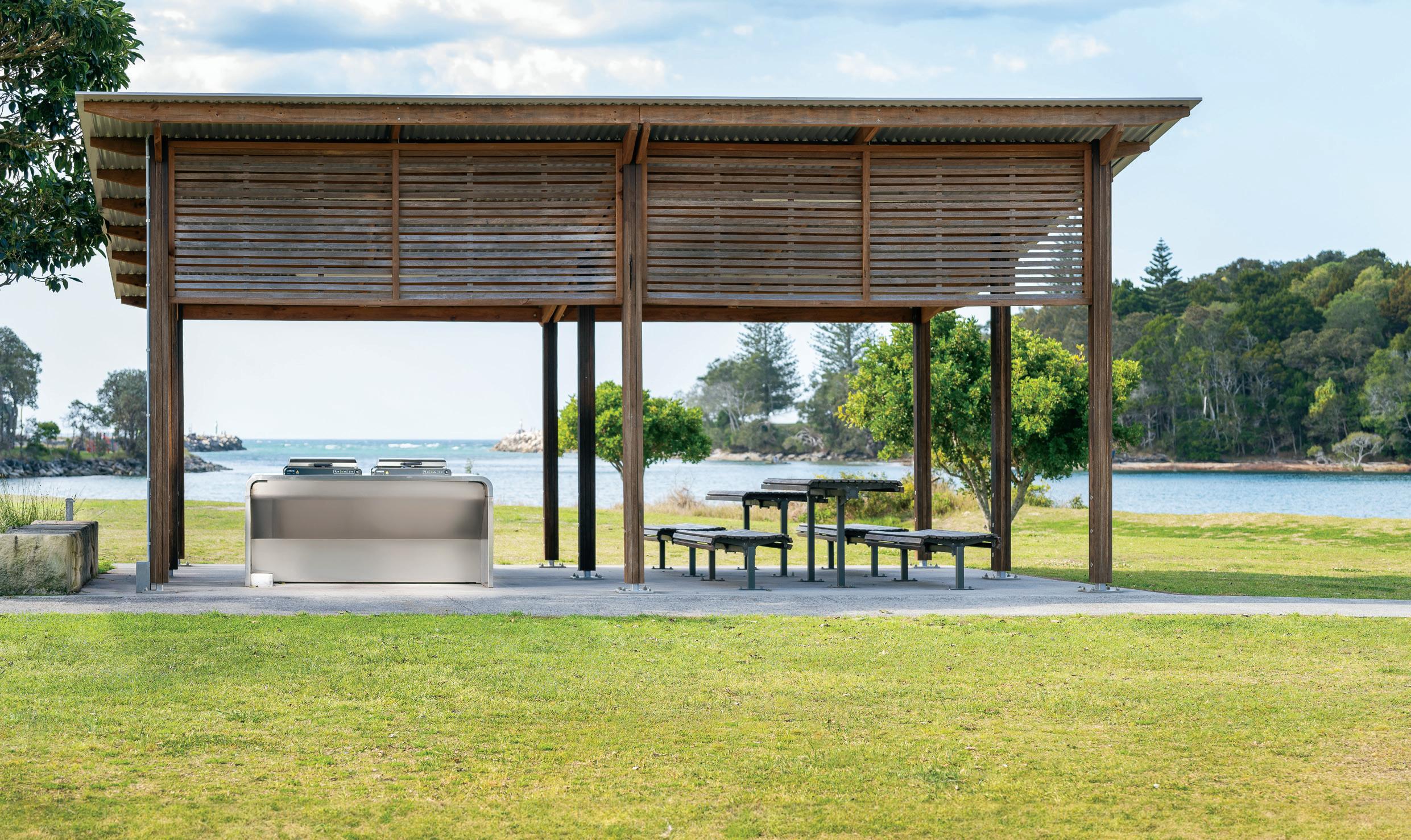
2 minute read
Tips for buying and selling caravan parks

When selling or buying a caravan park, it’s essential to determine the nature of the transaction, whether it involves the leasehold or freehold. Freehold encompasses the land itself and the assets fixed to it, while leasehold includes assets like plant and equipment and the business name/intellectual property, along with the right to occupy the property under the lease.
By Richard Cook, Director, Fishburn Watson O’Brien
General Due Diligence
For buyers of caravan parks, doing the correct due diligence and understanding the business is fundamental. It’s also essential for the seller to understand this, the buyer needs to review all of the up to date business/ financial information, and if the seller doesn’t have this information ready and available the sale will be delayed or could be terminated.



Most contracts will include a due diligence period (e.g. 30-90 days), before they become unconditional. The due diligence program that should be run will depend on the state the park is in, the type of park and what’s being sold. Commonly our investigations will cover items such as; reviewing lease terms, local council and state approvals, insurance requirements, asset and land ownership structure including restrictions on title, occupancy agreements, employment contracts, potential for subdivision of land, taxation and duty consequences, financing and mortgaging requirements.
Top Tips
Over the years, I’ve noticed that the following four items consistently create issues for our clients in this field, and although not separately addressed below, we are quite recently witnessing notable challenges concerning landlords and tenants obtaining products liability insurance. Several insurance providers are declining coverage, citing factors such as the park’s location in flood or bushfire-prone areas, among other reasons. These complications can be addressed but are introducing an additional layer of complexity to the sale and purchase of both leasehold and freehold interests, which parties should be aware of.
1. Lease Terms
Whether you are selling or buying the leasehold business the lease must be carefully considered, it’s essential to know about the rent and its increases, how long the term is, who repairs what and guarantees required, just to name a few.

Two commonly overlooked aspects for both sellers and buyers are the make-good/ redecoration obligations and the landowner’s first right of refusal. Typically, the landlord may decline consent for lease transfer if the premises redecoration obligations are incomplete, normally sellers in the scenario are left with the options of giving money to the landlord to complete the works, or pushing the consent refusal dispute through the courts (both of which could be costly).
The first right of refusal by the landowner is frequently overlooked. I’ve acted for clients who’ve established an informal agreement with a prospective buyer only to later discover the requirement to offer the business to the landowner, resulting in the termination of that agreement upon acceptance by the landowner. Missing this clause and proceeding with contracts may force the leasehold seller into a situation where they are required to sell to two different parties, risking a court dispute and potential damages.




